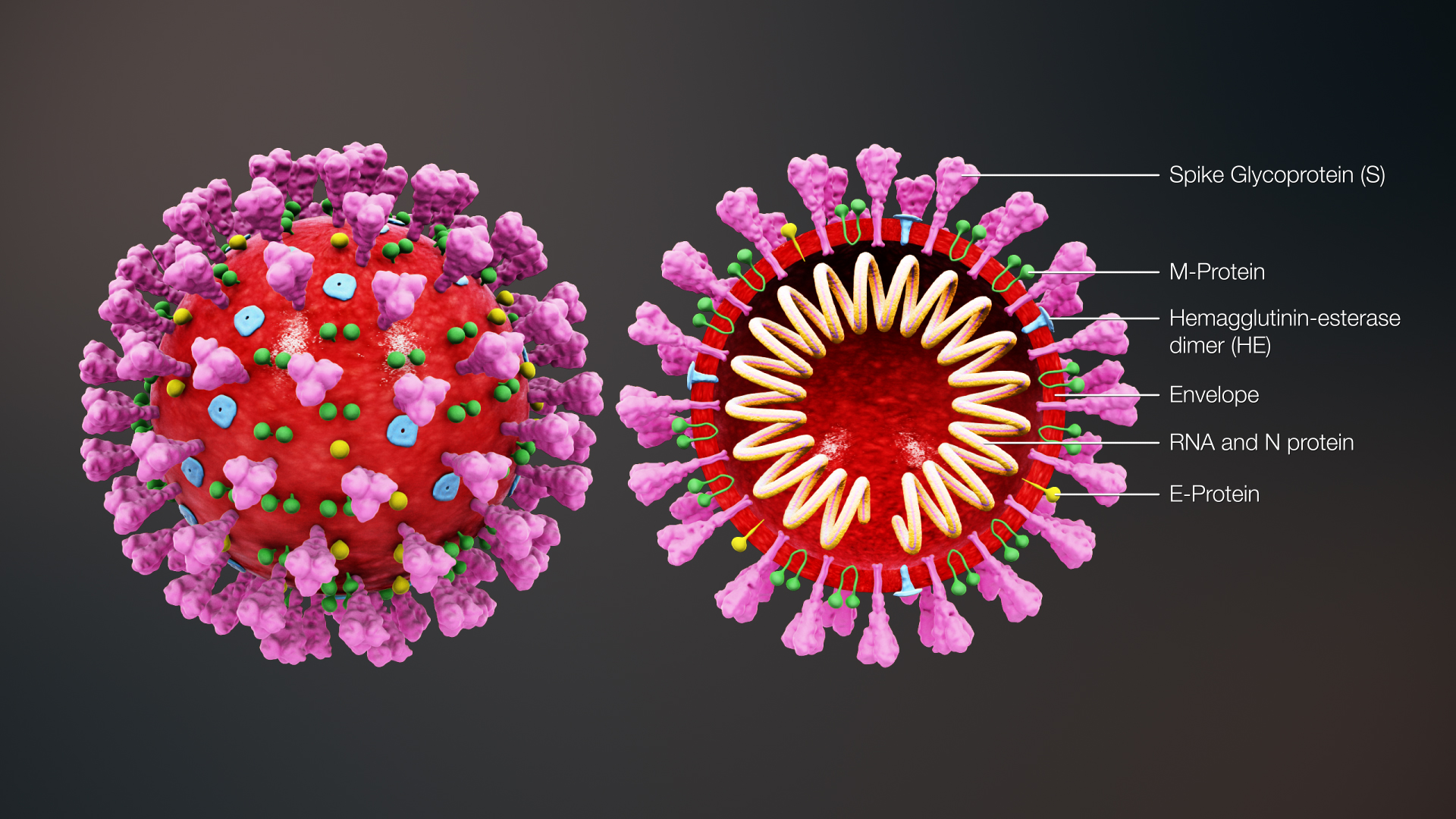With a host of nutritional benefits, products made with sunflower seeds are becoming welcome alternatives
Summer is here and with it comes one of nature’s most delicious flowers. Famous for their luminous color and towering stalks, sunflowers produce seeds that are commonly eaten as a salted snack, but did you know that sunflower seeds can also be made into dietary staples like butter, oil, flour and milk?
Packed with nutrients that stimulate brain health and energy levels, prevent clogged arteries and lower blood pressure and cholesterol, sunflower seeds can be a great addition to the diet of your weight loss program. Especially great for those with nut or gluten allergies, sunflower butter has emerged recently as a substitute for peanut butter, while flours and oils made from sunflower seeds make gluten-free baking easy. As always, ask your weight loss doctor or dietitian before introducing new foods to your weight loss diet, but read on for some facts on how the sunflower could be a nutritious and delicious new addition to your diet.
Good Fat, Bad Fat
Sunflower seeds contain omega-3 and omega-6 fatty acids, both of which help fight cholesterol and form the main component of your body’s cell membranes. These kinds of cholesterol-reducing plant chemicals are broadly referred to as “plant sterols” and have been shown to decrease levels of bad cholesterol known as LDL when combined with adequate fiber and protein. Omega-3 and omega-6 fatty acids are essential to your health, and your body can’t produce them on its own, so it’s important to incorporate foods that are rich in them into your diet.
Full of Nutrients
Sunflower seeds contain so many vital nutrients that it’s easiest to list them off:
- Vitamin B5: Stimulates mood, energy and healthy skin
- Magnesium: Helps to regulate blood pressure as well as the functioning of muscles and nerves
- Vitamin E: Maintains healthy arteries, lowers risk of heart attack, supports brain function
- Folate: Contributes to the building and protection of DNA
- Phosphorus: Boosts energy, regulates usage of nutrients
- Tryptophan: Helps with sleep and mood
- Selenium: Helps in blocking oxidative damage
- Manganese/copper: Help fight against free radicals
Sunflower seeds are also rich in fiber and amino acids, other essential parts of a healthy diet. Though the seeds and products made from them will all contain these nutrients, it’s important to get unrefined sunflower seeds for maximum benefit. Refining can rob sunflower products of their nutrients, while the heat processing that goes into refined sunflower oil can actually cause trans fats to form. Pay close attention to how processed the sunflower products you buy are—eating the raw, unshelled seeds is the best way to get all of their great nutritional content.







